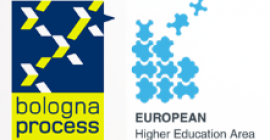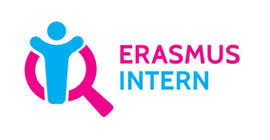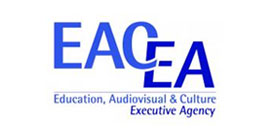ICM partnerships database
The Erasmus+ International Credit Mobility (ICM) program allows students to study at a partner university in another country for one semester or one academic year. Students can choose to study in a country that is part of the European Union, or in a country that is not part of the EU but is participating in the Erasmus+ program.
To be eligible for the Erasmus+ ICM program, students must be enrolled in a full-time degree program at a higher education institution in Uzbekistan. They must also have a good academic record.
The Erasmus+ ICM program provides students with a number of benefits, including:
• The opportunity to study in a different country and culture
• The chance to improve their language skills
• The opportunity to network with other students from around the world
• The opportunity to gain valuable work experience
• A financial grant to help cover the costs of their mobility
If you are interested in participating in the Erasmus+ ICM program, you should contact your home university's Erasmus+ coordinator. They will be able to help you with the application process and answer any questions you may have.
Here are the different types of Erasmus+ mobility:
• Student mobility for studies (SMS): This allows students to study at a partner university in another country for one semester or one academic year.
• Student mobility for traineeships (SMT): This allows students to complete a traineeship at a company or organization in another country.
• Staff mobility for teaching (STA): This allows teachers to teach at a partner university in another country.
• Staff mobility for training (STT): This allows staff to attend training courses or conferences in another country.
How to Apply for Erasmus+ ICM Mobility
Here are the eligibility criteria for Erasmus+ mobility:
• You must be enrolled in a full-time degree program at a higher education institution in Uzbekistan.
• You must have a good academic record.
The application process for Erasmus+ ICM mobility varies from institution to institution. However, most institutions will require you to submit the following documents:
• A motivation letter
• A copy of your academic transcript
• A letter of recommendation from your academic advisor
The International Relations department at your institution will review your application and decide whether you are eligible for mobility. If you are eligible, they will help you to find a partner institution and arrange your mobility.
Erasmus+ International Credit Mobility - Handbook for Participating Organisations Version 4.1 (download)









